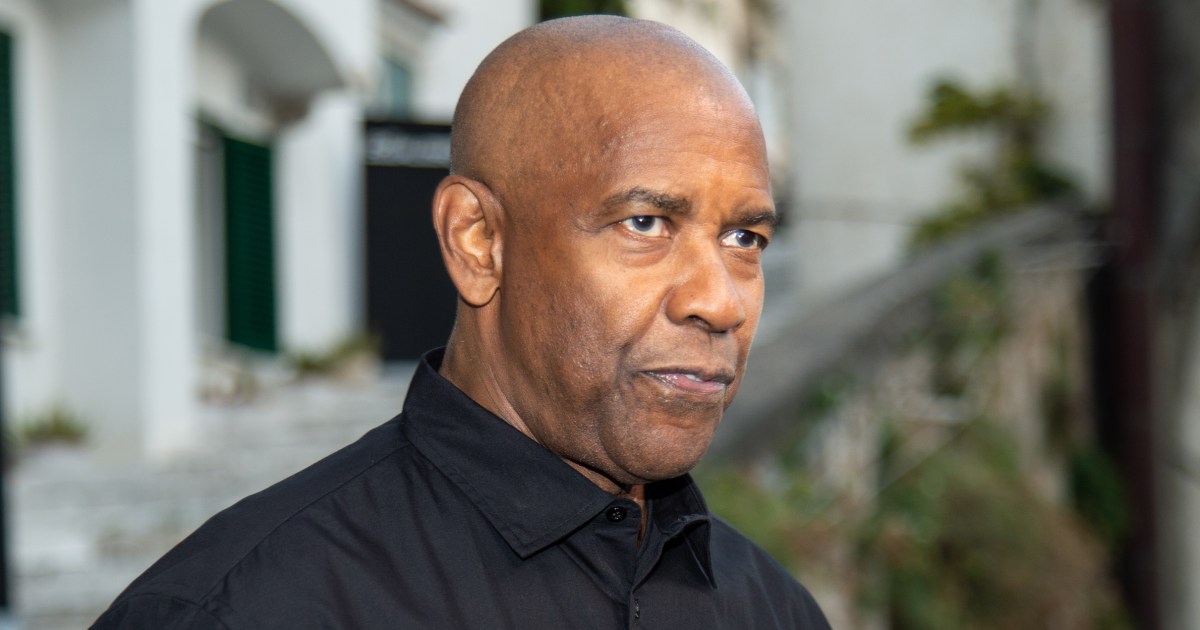More than 200 organizations sent a letter Wednesday urging Senate Majority Leader Chuck Schumer to schedule a vote on the Kids Online Safety Act first thing in January when Congress reconvenes.
The bipartisan bill, known as KOSA, which was originally introduced in February 2022 and was then reintroduced this May, seeks to create liability, or a “duty of care,” for apps and online platforms that recommend content to minors that can negatively affect their mental health. The measures in the bill could affect social media sites like Facebook or messaging apps like Discord. If platforms do not adequately shield children from certain types of content, the bill would open the door for lawsuits against the platforms.
The bill was one of several about online child safety that President Joe Biden appeared to endorse in July, as lawmakers grapple with continued calls for laws that better hold social media companies accountable for risks children face on the internet.
In the letter to Schumer, D-N.Y., the groups say they are disappointed that Congress did not pass the bill this legislative session, which is nearly over.
NBC News viewed the letter signed by many of the bill’s proponents, including the Tech Oversight Project, the National Education Association, the American Academy of Pediatrics, the American Foundation on Suicide Prevention and the American Psychological Association.
The letter points to broad public support for the federal government to address the harmful impact of social media on children and teens, as well as the bill’s unanimous passage in the Senate Commerce, Science, and Transportation Committee in July.
“The onus must be on the companies to make their products safe and not designed to fill kids’ feeds with posts that promote eating disorders, suicide, drug use, or sexual abuse,” the letter said.
Schumer did not respond to a request for comment.
The bill is controversial, despite support from organizations like the American Academy of Pediatrics and the American Psychological Association. Critics say that if it is enacted, it would allow partisan government officials to determine what kind of content should not be suggested to kids.
In September, Sen. Marsha Blackburn, R-Tenn., who introduced the bill, caused alarm among some transgender advocates when she said “protecting minor children from the transgender in this culture” should be a top priority for lawmakers in a video in which she also praised KOSA. Blackburn’s legislative director later said that the issues were separate and being taken out of context.
Groups that oppose the bill say it is controversial in large part because determining whether posts are harmful or helpful is subjective.
Evan Greer, the deputy director of the digital rights advocacy group Fight for the Future, said KOSA would put the right to determine what kind of online content is harmful in the hands of attorneys general and the Federal Trade Commission.
“KOSA still allows state attorneys general and the FTC to go after platforms by saying, ‘We believe you’ve recommended this type of content that we believe makes kids depressed and anxious,’” Greer said, adding that state attorneys general have participated in recent controversial state efforts to criminalize drag performances based on the idea that such performances negatively affect mental health and child safety.
“Even when we zoom in on one of these categories, like eating disorders, it’s not as cut and dry as folks want it to be,” Greer said. “If there’s a fairly long video of a young person talking about their experience with an eating disorder and they talk about both the aspects they maybe liked at the time and then later they’re talking about how harmful it was for them and how they went and got help, it may not be crystal clear whether that’s a video that promotes eating disorders or a video that mitigates eating disorders.”
Greer said algorithmic content recommendations fall under the First Amendment, which presents another hurdle to KOSA’s passage. Greer also said that almost all content on social media is algorithmically ordered, including search results and the feeds that users scroll down as part of most platforms’ core functionality.
Proponents of the bill say it targets not types of content but rather the design behind algorithms that recommend content. Sacha Haworth, the executive director of the Tech Oversight Project, a nonprofit group that advocates for stricter regulation of tech companies, said that if children were searching for information and support about their sexuality, for example, they would still have access to search results from nonprofit groups — a specific exemption in the bill and a change from its original text.
“The 200-plus organizations in support of KOSA are unanimous in our belief that KOSA would not be used to censor sex workers, LGBTQ kids, the trans community or anyone,” Haworth said.
Josh Golin, the executive director of Fairplay, a nonprofit group against child marketing that is cited in and signed the letter, suggested that KOSA could force social media platforms to sort feeds chronologically instead of by algorithm-determined preferences.
“Right now the algorithms are all about maximizing engagement, and it just so happens that more extreme content tends to lead to more engagement,” Golin said. “I would imagine what they need to do is reconfigure their algorithms, so if it is an account that has been identified as belonging to a minor, then part of the formula for that algorithm is that certain types of content don’t get recommended.”
Greer said that suggestion is at the heart of why groups like Fight for the Future, the American Civil Liberties Union and the Electronic Frontier Foundation oppose KOSA.
“There are other measures we could take to accomplish some of the same goals without trampling free expression and other marginalized communities,” Greer said.











